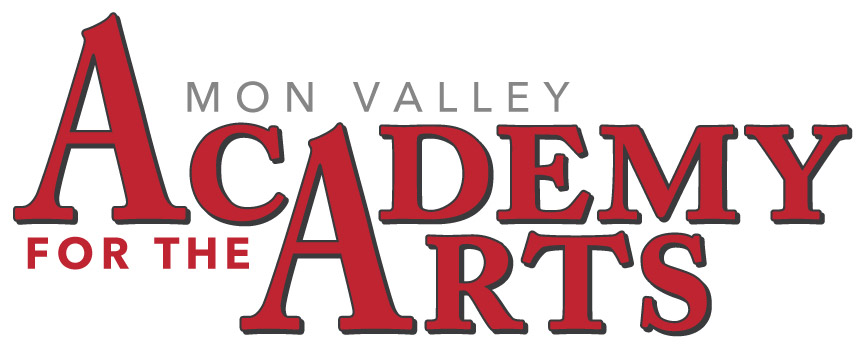
Singing is a deeply personal and expressive form of artistic communication. Whether you’re a beginner or aspiring to improve your vocal abilities, finding your voice is an empowering journey that involves confidence, technique, and self-discovery. Here are some methods to help you sing with confidence and clarity:
Breath Control: Mastering breath control is fundamental to singing. Practice diaphragmatic breathing to support your vocal tone and maintain steady airflow while singing.
Vocal Warm-ups: Before singing, engage in vocal warm-up exercises. These exercises help prevent strain, increase vocal range, and prepare your vocal cords for the demands of singing.
Pitch and Intonation: Train your ear to recognize and match pitches accurately. Use piano or pitch-matching apps to develop your sense of intonation and stay in tune while singing.
Resonance and Projection: Experiment with resonance by adjusting your vocal placement. Focus on using your natural resonators, such as your chest, head, and mask, to achieve clarity and projection.
Vowel and Consonant Articulation: Pay attention to vowel and consonant articulation. Practice enunciating words clearly without sacrificing vocal tone, ensuring your lyrics are intelligible to the audience.
Range Exploration: Discover your vocal range – the range of notes you can comfortably sing – and work on expanding it gradually through practice and proper technique.
Emotional Connection: Connect emotionally with the lyrics and message of the song. Your emotional engagement enhances your delivery and resonates with the audience.
Microphone Technique: If singing with a microphone, practice microphone technique to maintain consistent volume, avoid feedback, and utilize proximity for dynamic changes.
Record and Analyze: Record yourself singing and listen back critically. Identify areas for improvement, such as pitch accuracy, tone quality, and phrasing.
Confidence Building: Build self-confidence by gradually performing in front of others, starting with small groups or supportive friends. Positive feedback and encouragement bolster your self-assurance.
Vocal Health: Prioritize vocal health by staying hydrated, avoiding excessive throat clearing, and resting your voice when needed. If you experience persistent vocal strain, seek guidance from a vocal coach or speech therapist.
Continuous Learning: Singing is a lifelong journey of learning and refinement. Continuously seek opportunities to improve your technique, expand your repertoire, and explore new vocal styles.
Finding your voice is a deeply personal and transformative experience. With dedication, practice, and a willingness to explore your vocal capabilities, you’ll sing with confidence and clarity and uncover your musical expression’s unique beauty and authenticity.
Get Involved with Mon Valley Academy for the Arts!
- Check our schedule for all our upcoming events
- Enroll in music lessons
- Volunteer your time and talents
- Sign up for our monthly e-newsletter (use the form below)
